



Michael is from Weenusk First Nation and is the President/CEO of Indigenous Community Engagement (ICE) – one of Canada’s leading national Indigenous firms specializing in community consultation, facilitation/negotiations, capacity building, & social research. He brings a wealth of experience in structuring projects and financing for both industry and Indigenous clients. He obtained an honours degree in Political Science with a focus on Aboriginal Law & Resource Development and has an MBA with a specialization in Social Enterprise.
He is a Certified Professional Facilitator, a certified Change Management Practitioner, and a certified Professional Aboriginal Economic Developer. He is the Co-Chair of the Indigenous Affairs Committee for the Prospectors & Developers Association of Canada and is the Co-Chair for the Jury Panel for the Progressive Aboriginal Relations program at the Canadian Council for Aboriginal Business, where he was a board member for 6 years. He sits on the board for the Indigenous Centre for Cumulative Effects, the Thunder Bay Economic Development Commission and is a Ministerial appointed board member for the Northern Ontario Heritage Fund Corporation. He’s a believer in higher education and has taught university courses to share his professional experiences with the next generation of Indigenous business leaders.

Marian Tibor-McMahon brings over 13 years of diverse and extensive communication, engagement and socio-economic experience to the Indigenous & Community Engagement team. She is an effective project manager and provides strategic solutions to her clients grounded in technical expertise and a methodological approach to problem solving. Marian’s principal area of work includes developing and executing Indigenous and public engagement programs, designing and implementing social surveys and interviews, designing and facilitating focus group sessions and workshops, developing inclusion plans, conducting social research and analysis, and liaising with multi-disciplinary project and client teams and stakeholders in the mining, transportation, and power sectors.
Marian has worked on and led many complex socio-economic impact assessments for Federal and Provincial Environmental Assessments. She has extensive experience in conducting social research using qualitative and quantitative research methods including surveys (online and intercept), stakeholder interviews, and focus groups/workshops to understand the baseline socio-economic environment.
Marian focuses on communicating and engaging with involved public and Indigenous communities to better understand their interests and priorities as they relate to a project. She provides advisory services as well as communication and engagement design and implementation, stakeholder mapping, communication materials, tracking of records and reporting. She is an effective communicator who develops strategic and innovative engagement solutions to achieve meaningful project outcomes by working collaboratively with communities and clients.
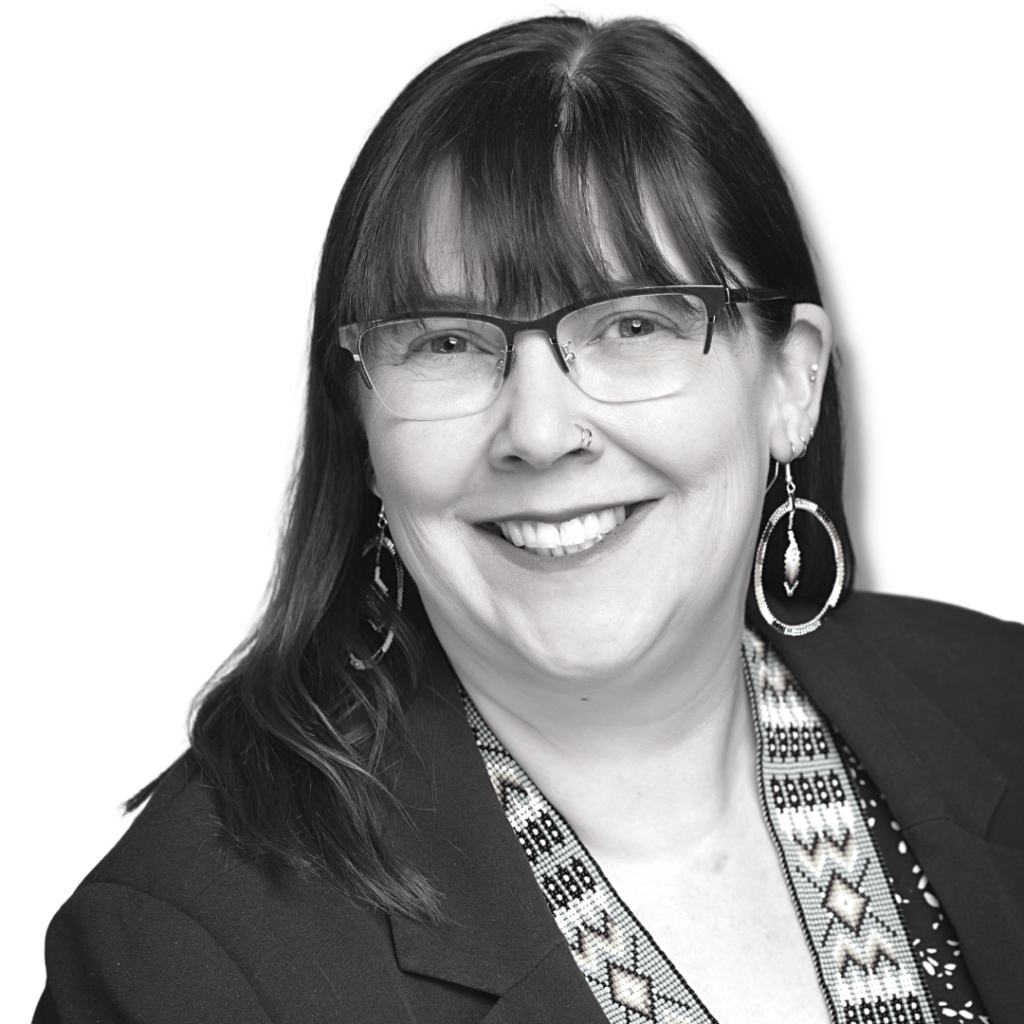
Heather Swan (MCIP, RPP, PEng, PMP) is settler of Irish, German and English descent. She is a highly trusted and compassionate professional with over 20 years of experience, who has dedicated the last 15+ years to being an ally and accomplice to Indigenous Peoples. Her unique dual training and experience in planning and engineering enables an appreciation of varied viewpoints and consensus building, working tactfully and effectively with multiple and diverse individuals and organizations. Her expertise lies in the areas of project management, engagement and consultation, facilitation, environmental assessment, land use planning, infrastructure planning, environmental protection, sustainability, climate change, reconciliation action plans, and Indigenous Participation Plans. Heather has worked on projects across Canada from coast to coast to coast working with and for Indigenous Nations and communities, Federal and Provincial governments, regulators, municipalities, developers, mining companies, waste management companies, and energy generation companies including renewable energy, hydro distribution companies, gas distribution companies. She has recognized analytical skills and creative approaches to identifying innovative and effective strategic planning for complex business and project needs. She is also sought after as a speaker on relationship building; climate change; Indigenous Knowledge; duty to consult; best practices for engagement; conflict resolution; and reconciliation. Heather’s experience includes creating, implementing, and monitoring corporate strategies for Diversity and Inclusion, procurement, hiring and business expansion strategies, including change management strategies.
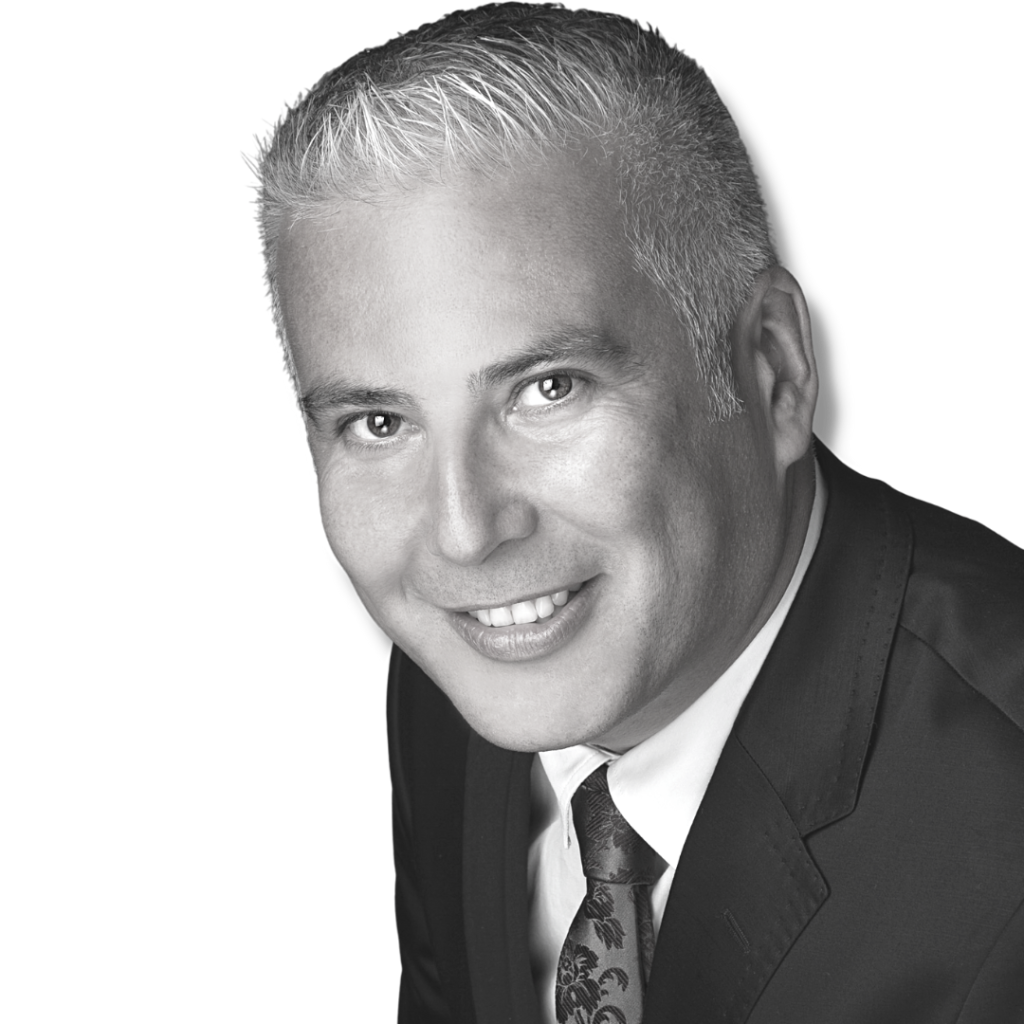
Derek Chum is a proud member of the Moose Cree First Nation. He has a wide range and years of experience working with Indigenous clients and communities. He is former corporate and commercial lawyer and provided strategic and business advice to Indigenous communities and enterprises across Ontario. He serves as Chair of the Moose Cree Group of Companies, the business arm of the Moose Cree First Nation, which provides employment and opportunity for Moose Cree members through its various business ventures. Derek served on the board and was Chair of Five Nations Energy Inc., the first Indigenous-owned and operated transmission line in Ontario. Derek was also the President/CEO of Amisk Kodim Corporation which structured the Indigenous contracting opportunities for the $2.5 billion Lower Mattagami River Project, a partnership between Moose Cree First Nation and Ontario Power Generation.
His recent leadership role as the Vice President of Indigenous Relations at Hydro One involved a range of responsibilities from developing strategies to community engagement on a number of capital projects. Derek was also worked to ensure Hydro One met its commitments under the Canadian Council for Aboriginal Business’ Progressive Aboriginal Relations (PAR) program. During his time at Hydro One, the company achieved Silver Level PAR Certification reflecting its commitment to hiring Indigenous employees, providing procurement opportunities to Indigenous owned businesses and investment in Indigenous communities along with integrating the Indigenous Relations departments across the organization.
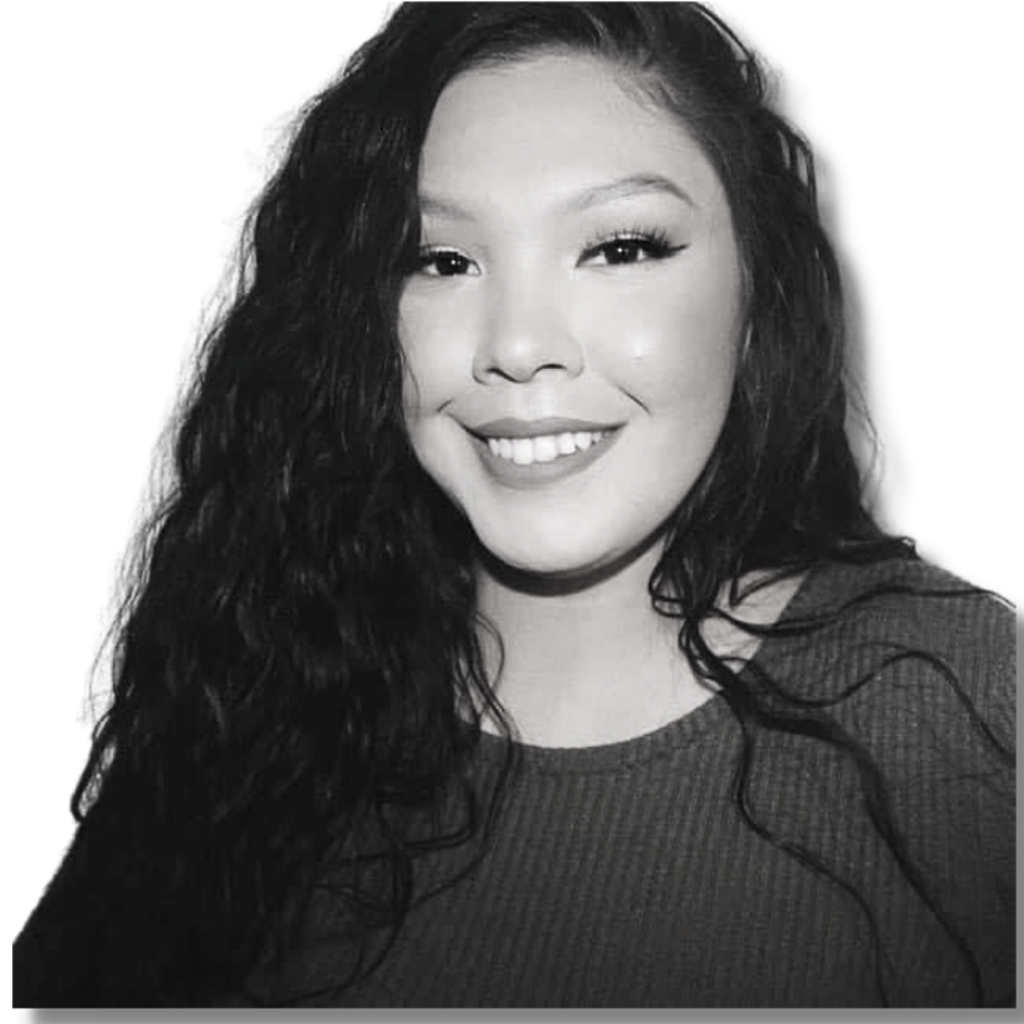
Cree is from Bearskin Lake First Nation and has more than 7 years of Indigenous event planning experience ranging from Youth Councils to Business Networking to Urban Celebrations. Her responsibilities have included event planning, design, production, and registration while managing all project delivery elements on budget and on schedule. Over the past year, Cree has taken on the role of graphic design and digital media marketing which includes establishing branding kits for new projects, curating social media content, and scheduling posting for all assigned social media platforms.
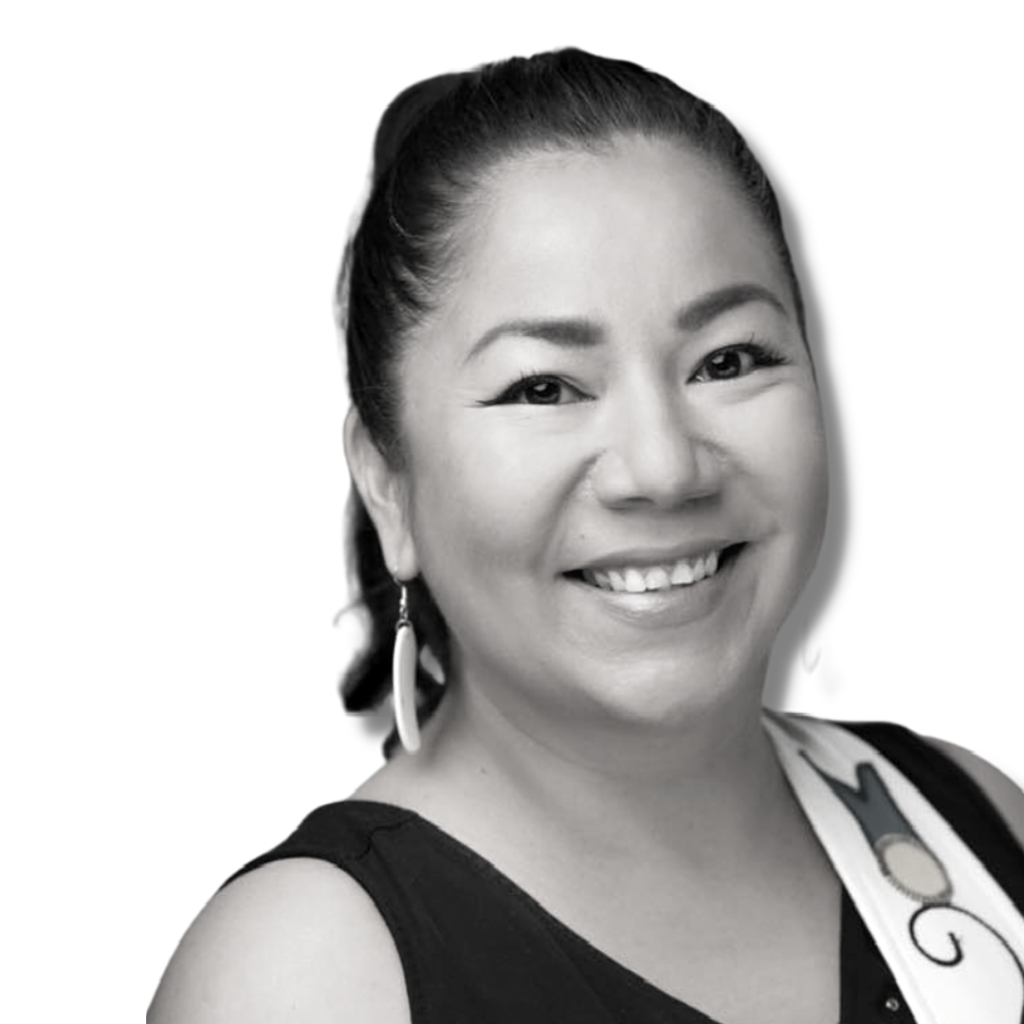
Serene Spence is Oji-Cree, Marten Falls First Nation member, mother, and a proud new ‘Kookum’ (grandmother). Serene has resided in Thunder Bay for 27 years. Serene started out volunteering on the Nishnawbe Aski Nation (NAN) Youth Council, Ontario Young Peoples Council, NAN Women’s Council, a technician for Chiefs of Ontario Women’s Council; that began her passion of interest into Indigenous politics. Through these memberships, she developed a strong work ethic, advocacy, gained long-term friendships, discovered mentors; each council had a mission statement to address social and systemic issues within the region. Serene graduated with Honours in Sociology, with a specialization in Aboriginal Justice & Criminology at the University of Saskatchewan. Serene’s work has led to organizing focus group sessions and workshops, conducting social research, data analysis, following code of ethics, and stakeholder mapping. She strives to build rapport with communities and clients, which builds a network base for future projects.

Shravani Rajashri Naidu, born and raised in culturally rich India, holds a Bachelor’s Degree in Computer Applications and a Master’s Degree in Business Administration from esteemed institutions in India. She has also completed her Post Graduate Diploma in Digital Marketing and Marketing Analytics, further enhancing her expertise. With excellent networking skills and a talent for building strong relationships, she is naturally competitive and adept at utilizing strategic communication to adapt to any situation. Her passion for events and deep understanding of social media marketing consistently yield exceptional results in promoting and managing events across diverse social media platforms.
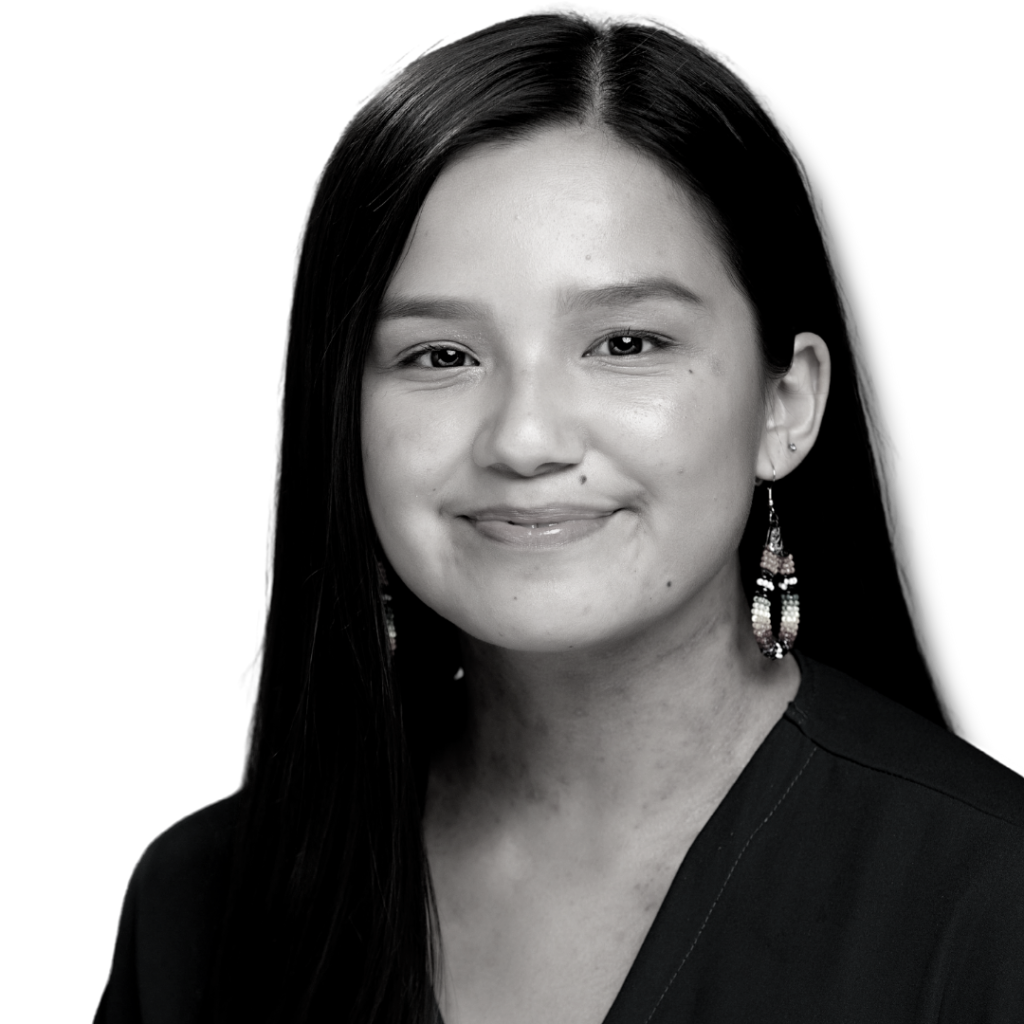
McKenna Martinez is a member of Bearskin Lake First Nation and is based in Thunder Bay, Ontario. She specializes in project support and consultation tracking & reporting. McKenna has a Business Administration degree from Lakehead University and she brings her administrative and organizational skills to her work with Indigenous outreach, research, and engagement initiatives.
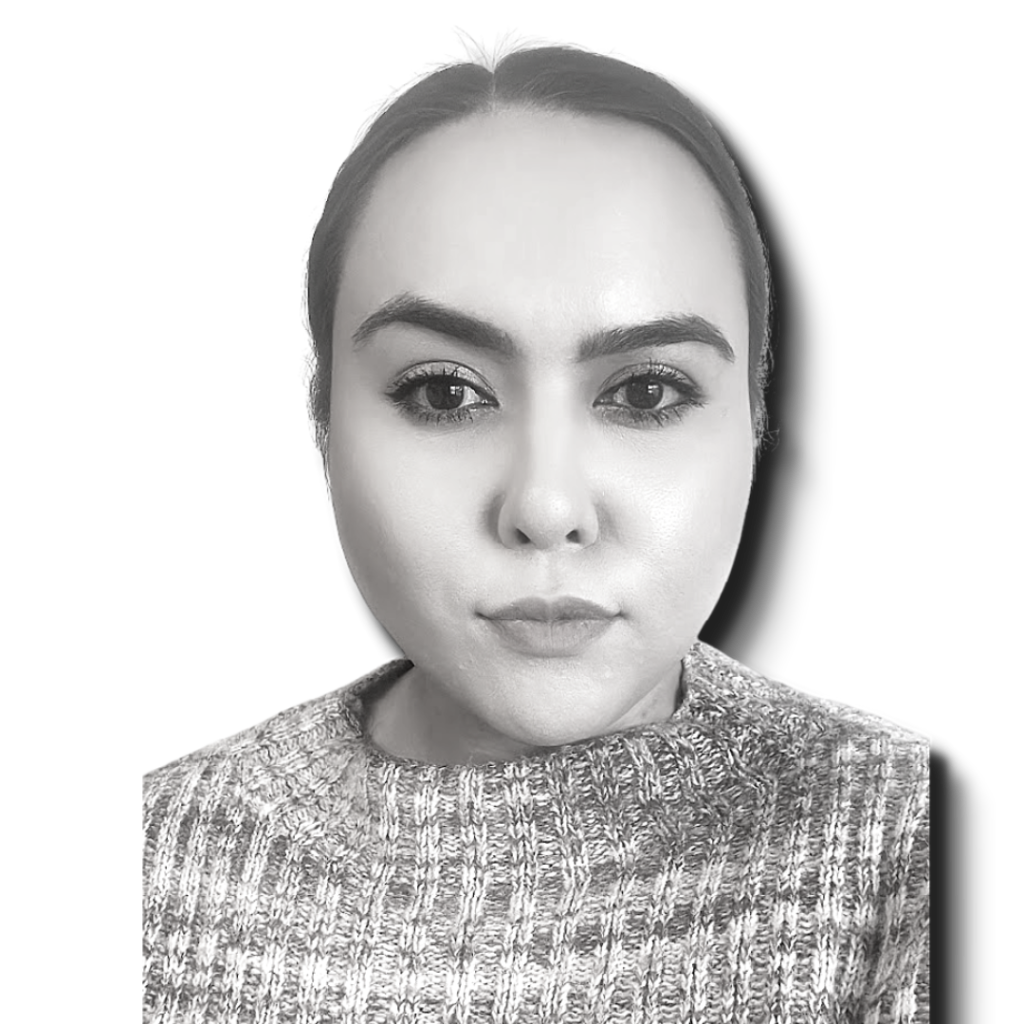
Alexandra brings her experience in engagement and consultation from the Indigenous Nation and Proponent perspectives on major infrastructure projects, forestry and mining. She is dedicated to reducing barriers, while developing case specific solutions that encourage capacity building and long-term community benefits. With an educational background in Genetics and Biology from the University of Western Ontario, she has a passion for bridging the gap between Indigenous Knowledge and Western Science, and has developed and led environmental monitoring and research projects to better understand how traditional land use is affected by climate change and cumulative impacts of resource extraction.

James McMahon is a skilled quantitative and qualitative researcher with a PhD and is a Data Scientist. He is a professional with multiple academic publications in political science and economics. As a data scientist, he uses statistical, analytical, and regression techniques to extract meaningful insights from raw data and can build data models to predict trends and create patterns. With sophisticated software tools, James is able to take numerous sets of data and produce data visualization products for clients who need a more intuitive sense of big data. His primary role is to help our clients with Indigenous-specific data generating, data analysis, and data frameworks.

Chris McKay is from Mattagami First Nation and lives in Timmins but has delivered services to Indigenous Nations across Canada. He has been involved in resource development projects within the mining, forestry, agriculture, and renewable energy sectors throughout his career. He has negotiated Indigenous joint ventures and impact benefit agreements as well as led First Nation enterprise startups and conducted entrepreneurial workshops. Chris has extensive experience in Indigenous engagement, Indigenous facilitation, Indigenous Lands & Resources planning and Indigenous Knowledge studies.


Fatima Khalique is a results-oriented, dynamic, and innovative professional with a distinguished career and a solid foundation in financial management and business development boasting 10 years experience in the financial industry. She holds a Bachelor’s in Accounting Science from Witwatersrand University (South Africa) and a global qualification as a ACMA CGMA (Charted Global Management Accountant – CIMA) demonstrating expertise in finance, strategy and business management on a global scale. Her experience involves a proven track record of managing organizational resources, promoting efficiency, delivering operational excellence and sustainable financial results with the aim of improving profitability, recommending viable financial and business opportunities, and enhancing business performance. Driven by a deep respect for Indigenous cultures, Fatima views economic development as a powerful tool for uplifting communities and fostering economic prosperity. Her role involves designing and implementing strategic business development initiatives, enhancing business processes, and adding value in project management associated with ICE and its affiliated companies. She looks forward to her contribution to the collaborative growth and sustainable prosperity of Indigenous communities.
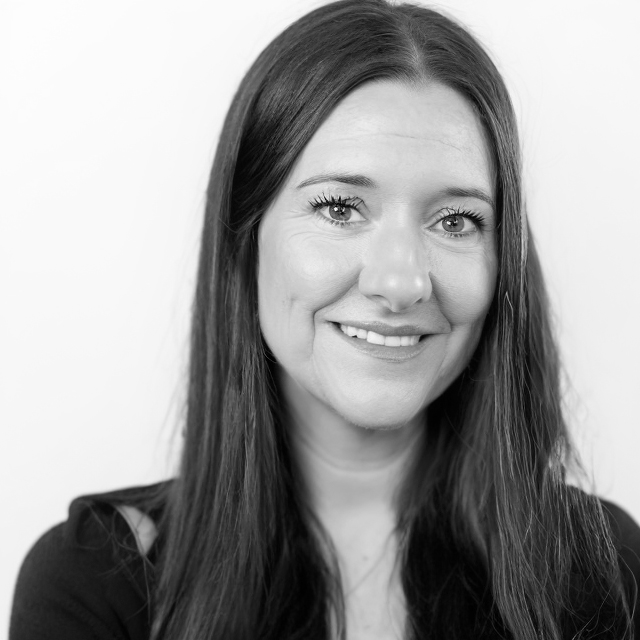
Stephanie Cross resides in western Canada on the unceded Syilx Okanagan Territory. She has a Bachelors of Business Administration in Accounting from Northern Alberta Institute of Technology. Stephanie has over 15 years experience in bookkeeping and accounting and has a passion for process improvement, change management, automation, Indigenous Economics and Reconciliation.
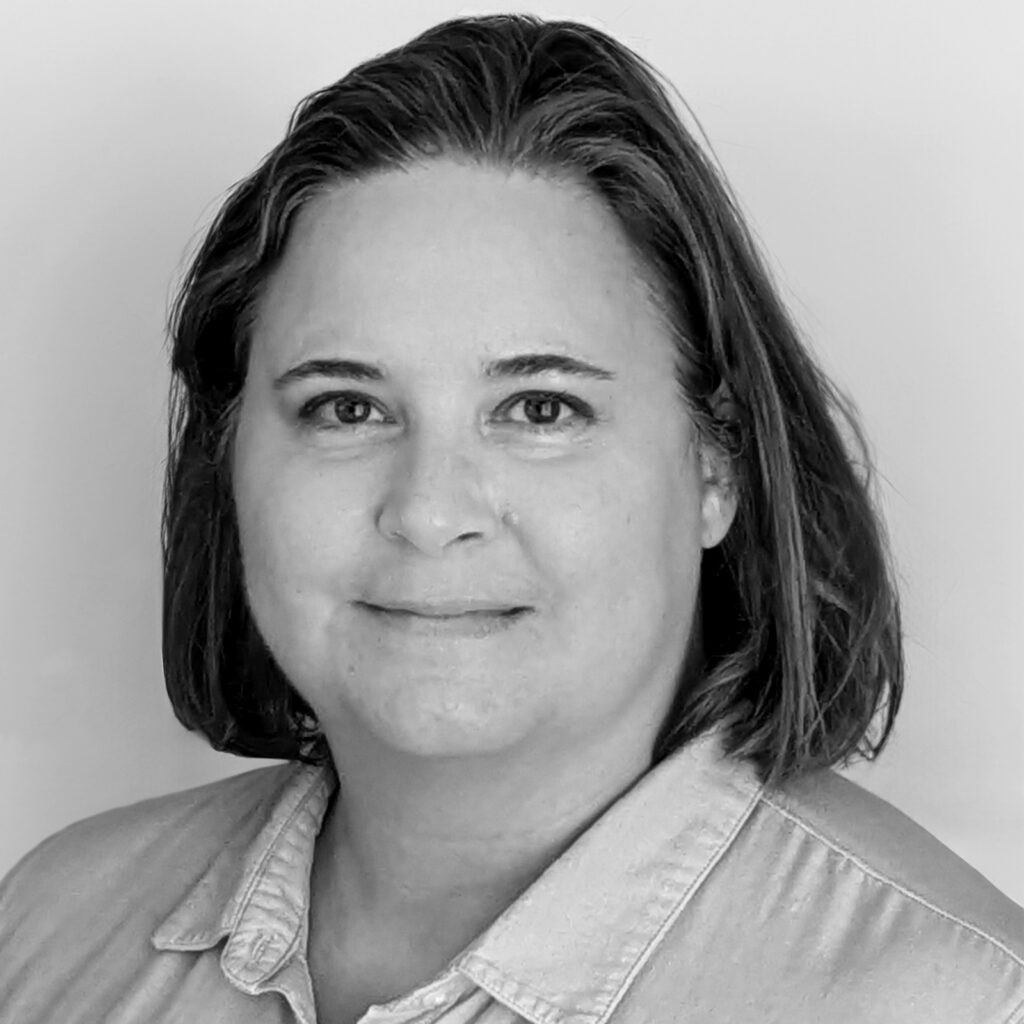
Karen is an applied social scientist and community development professional, specializing in the socio-economic impact of major projects in rural and remote regions. Karen has 15 years of experience of conducting research and working with communities and Indigenous governments in British Columbia, Alberta and Ontario. She has degrees in cultural anthropology, rural planning and development and a PhD in human geography. She has worked directly for Indigenous, municipal governments and NGOs, in areas of Indigenous engagement and consultation, project management, economic development and impact assessment. As a non- Indigenous member of the ICE team, Karen is dedicated to lifelong learning and supporting others on the path of Reconciliation to build sustainable socio-economic benefits for Indigenous peoples. She brings thoughtful dedication to understanding the unique social, political, economic, and historic context of every client and community for which she works